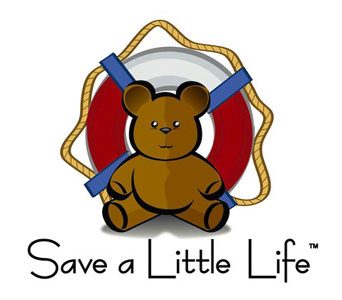Did you know that with all the emphasis on back sleeping, it’s very important that infants spend a short but regular amount of time on their stomachs? This allows your baby to strengthen their shoulder, neck, back and core muscles which lay the foundation for sitting up, rolling over and eventually crawling and walking.
Parents and caregivers can start this very early, even within days of birth.
The American Academy of Pediatrics suggests 2 or 3 tummy time sessions every day.
Each session should only be a few minutes long. As the infant grows and their strength improves these sessions can be more frequent and for longer periods.
For those who aren’t sure how to get started here are some suggestions that will help:
- Try short tummy time sessions after a diaper change or after the baby wakes up from a nap
- Prop up young babies by placing a rolled-up towel or small blanket under their arms and chest
- To encourage play, put toys or a small mirror within baby’s reach to enable them to interact with their surroundings
- Join your baby on the floor at their eye level and interact with them by singing, holding objects and talking to them
- Tummy time can also occur when an adult is on their back and baby is lying on them or across the parent’s lap
All family members can participate in tummy time, including grandparents, or older siblings as long as an adult is watching.
These moments not only encourage growth and development but also offer a change from the safest sleeping position…on their backs.
